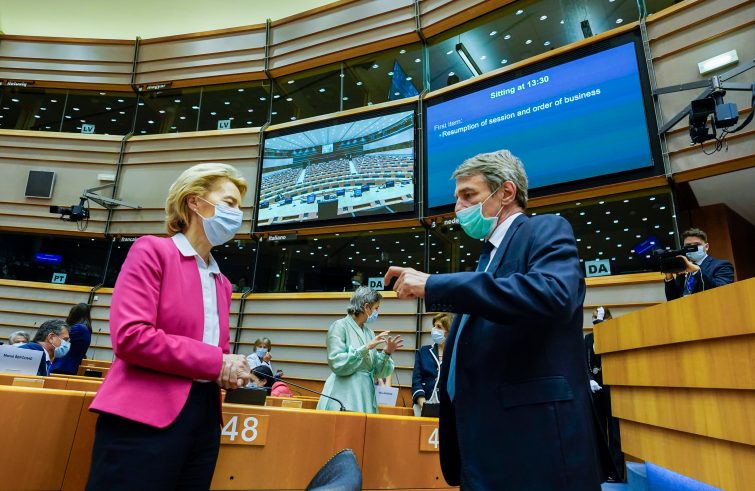
“We should not delude ourselves: we are still caught in the Covid emergency. We must therefore take all the necessary precautions to protect our health and that of others, while European countries must devise and implement, as soon as possible, a solid response to the pandemic in the health, economic and social domains.” David Sassoli receives the SIR correspondent in his office on the ninth floor of the Paul-Henri Spaak building. His desk is covered with piles of documents and books, the walls are decorated with a few photographs against the backdrop of the twelve-star blue flag and a window overlooking the city. The president of the EU Parliament spent a long time in Brussels over the last few months, far away from his family: it was necessary “to keep the house of Europeans, the house of democracy, open.” But his face bears the signs of a heavy lockdown. “The coronavirus brought suffering and deaths throughout Europe and now the cases spike again. Restrictions are being reintroduced in several countries”, he said. It is happening in France, Spain, here in Belgium. The virus is spreading in Eastern Europe and the Balkans. “We must continue being cautious. And meanwhile invest in research. Vaccines and effective therapies will be the best antidote to another surge in the pandemic.”
 Mr President, the European Council approved the €750 billion Recovery Fund to respond to the crisis. A number of institutional steps will now be taken, at national and European level, to make it operational. What is your evaluation?
Mr President, the European Council approved the €750 billion Recovery Fund to respond to the crisis. A number of institutional steps will now be taken, at national and European level, to make it operational. What is your evaluation?
The conclusions reached by the Council are very positive: nobody walked out, and nobody was dissatisfied. While there were some disagreements and frictions, ultimately the key message was clear to all: nobody can manage on their own. I believe that we are seeing the emergence of a stronger Europe. We have an ambitious financial plan and a multi-annual budget yet to be defined, which Parliament will examine to ensure that it meets the challenge of economic reconstruction. The prospect of own resources to finance the EU budget – i. e. self-financing of the EU budget without impacting citizens’ wallets – is also an option. EU money will go to projects presented by the Member States. It should be noted that over a quarter of the funds – worth €209 billion – will be allocated to Italy, as it is the country most severely hit by the pandemic. It is obviously a question of ensuring that the money is delivered as soon as possible, with no delay.
Emphasis was also placed on need to shift the pace of our development model. Could the Recovery Fund – on top of € 540 billion already allocated by the Eurogroup for economic recovery, employment and social shock absorbers – be a good opportunity?
It certainly can. Our decisions must focus on new models of environmental, social and economic sustainability. We have new challenges ahead of us, which certainly don’t begin or end with the coronavirus. EU Member States have the chance to experience being part of a single and far-reaching project with solidarity as a key factor. This is not an abstract concept: it’s about teaming up for a response to businesses that risk closing down, to families that have lost their income, to situations of vulnerabilities, poverty. Furthermore, I think that in this crisis we rediscovered the value of welfare, which is a typically European heritage. In this pandemic, no one has been left alone or without care: in some world regions, unless you have a substantial savings account, you will not be treated! So, this is also a favourable time to rethink our social model.
Two core notions: the individual and the community, with their rights and needs, must return to be at the heart of projects and politics, I would say at the heart of our democracy.
This brings us back to the origins of European integration, while at the same time looking to the future.
Common answers, solidarity, concordance between States… Does nationalism emerge defeated from this phase?
The fact is that nationalism has nothing to say in this crisis. Erecting barriers is useless: it doesn’t protect against disease, it doesn’t help to re-start the economy and labour. I believe that our being together is the only way to respond to common challenges. Moreover, Europe is now embracing a new vision of politics, based on ideals and pragmatism. We need major projects and investment in structural reforms: education and universities; the green economy, which creates new jobs; environmental protection, with the zero-emission target by 2050; civil justice reform; modernising public administration; and digitalization.
Europe-Italy: a not always simple relationship. Will the Recovery Fund prove helpful to us?
The EU pledges a large amount of resources. Among other things, I welcome the decision of the President of the Council to take the helm of the recovery plan. I must say that PM Conte’s role during the European Council was decisive: he has succeeded in shaping, step by step, an agreement that will benefit both Europe and Italy.
The next step is the definition of an ambitious plan to modernize and reorganize the country: Italy has the capacity and the potential to recover and make changes where necessary.
Furthermore, all eyes are on Italy, as our economy is at the heart of the single market, deeply interconnected with those of other countries. I also believe that two major factors should be taken into the utmost consideration when defining national recovery plans: the South of Italy, which direly needs infrastructure and job opportunities; and women and young people, that have been strongly hit by the crisis, while, as we know, they constitute an extraordinary resource for Italy.
At EU level, it is being suggested that the granting of Community funds should be linked to adherence to the values enshrined in the Treaties. Do you agree?
I do. The European Union is not an ATM machine. We have shared principles that everyone must respect: the rule of law and democratic principles are the precondition for our being together.
The European Parliament endorsed the deal on the Recovery Fund. However, it opposes the Multiannual Financial Framework, totalling €1,074 billion, or 1% of EU Gross Domestic Product. Why?
Because Parliament knows that the MFF will determine the budget spending for the next seven years, and therefore it must allow us to accomplish medium-term and comprehensive goals. But if we request a security policy and cut funding, if we want a common migration policy and cut resources, if we say we are focusing on young people and decrease investment in education, Erasmus and culture, then where is the consistency? In this respect, the vision of its 27 governments seems rather short-sighted. The budget must be adapted to the horizons ahead of us.
During the lockdown, the European Parliament has always remained open. One hundred destitute women were housed in its premises in Brussels and Strasbourg, warm meals were prepared for the homeless, medical centres were set up. Legislative activity continued. Was there a desire to pass the notion of Parliament as the “home of the citizens” and the “home of democracy”?
That’s right. It was not easy, but we found ways to continue legislative and political activity and at the same time it was necessary to make the institution representing the citizens available to them.
One last question. At the beginning of the year there was much talk about a Conference on the future of Europe. Then came the “confinement ” due to the pandemic. Is the project getting back on track?
Parliament is ready. I hope that this important forum for debate between citizens, national institutions and Europeans will kick off next fall. Everyone agrees that adjustments to the institutional apparatus are needed to make the European Union stronger and more efficient. I believe that democratic mechanisms must keep pace with changing times: for instance, unanimous vote, or the veto right in the Council, are utterly anachronistic.
The Conference on the future of Europe shall be a participatory process aimed at relaunching the EU and give a greater say to its citizens, its territories and its Member States. Moreover, the EU is called to play a central role in the international arena, promoting peace, multilateralism of rights, development and social justice.

